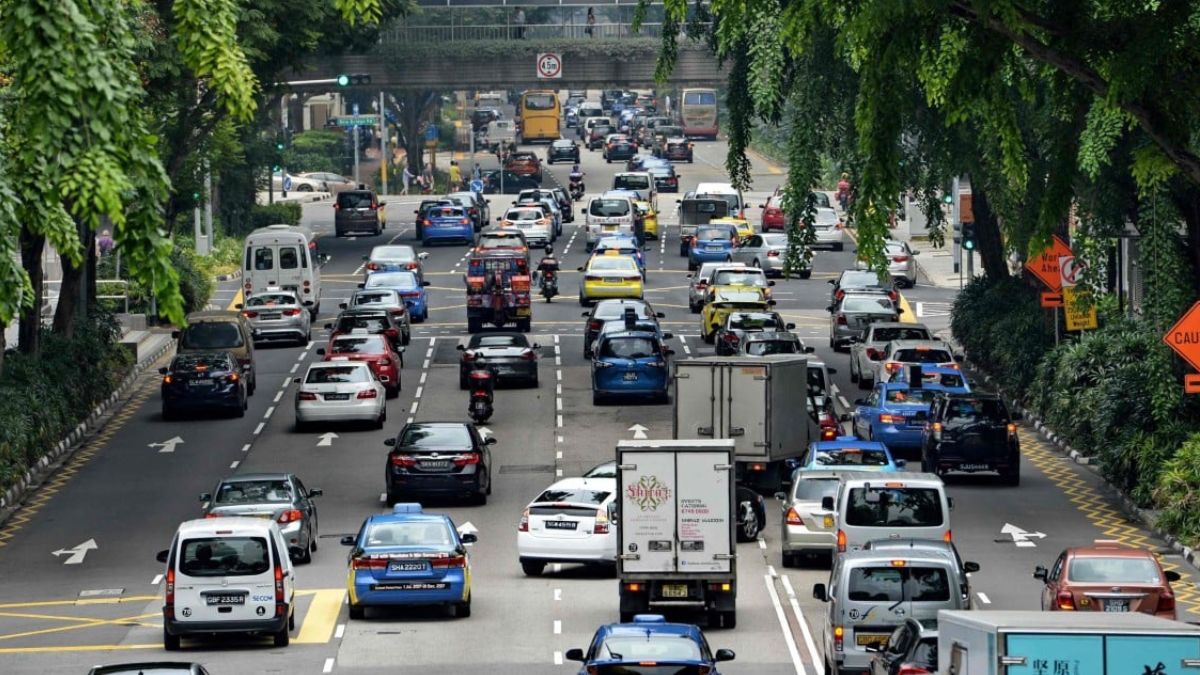Due to high car premiums, the debate over Singapore’s Certificate of Entitlement (COE) system has flared up. The COE system of Singapore was implemented in 1990 to control the vehicle population of Singapore.
The premiums of costly car-ownerships have surged to record six-figures high. This calls for the government, to reexamine the three-decade-old quota system of Singapore to manage vehicle usage. Earlier this month the recent decrease under the certificate of entitlement (COE) system has reduced the concerns of several car owners for a small period but according to analysts, there is less probability that this issue will become less debatable.
In October last year, many suggestions and policy alternatives were floated by industry players to direct and control the premium cost, that is with a permit to own a small car peaking at a record high of S$106000 (US$80000).
Across several categories in the last year, permit prices have escalated sharply, with majorly two categories accelerating to more than double the median annual income of the nation. The bid for a small car, at the tender on January 4, the COE (Certificate of Entitlement system) closed at around S$65010.
The former director of the automotive business, Victor Kwan, talked about the COE market, cyclical. Every motorist or dealer must bid for a COE, in Singapore. This COE is a permit that was introduced in the year 1990, to put a limit to the number of vehicles on the road.
The COE certificate is distinguished based on the vehicle type and validity for 10 years. The number of available COEs is controlled and regulated by the transport authority, by announcing the quota every quarter.
Victor Kwan, who is a lecturer at the Singapore University of Social Sciences, “I have seen two complete cycles over the last 20 years and criticism (about the COE system) comes and goes.” By expanding the public transport system, the government of Singapore has been promoting a car-lite society. A zero-car growth policy was introduced to regulate and control overcrowding in Singapore and will eventually put a limit to several ownership certificates available for several deregistered vehicles.
Electronic Road Pricing 2.0, based on a global navigation satellite system, is an updated system that allows policymakers to revive and restore ways to control road congestion. The people of Singapore have accepted the high car premiums reluctantly, to pay for clean air and smooth traffic.
Kwan said, “When prices increase, those looking to buy new cars will be unhappy and complain. But when COE prices drop, current car owners will complain as the values of their used cars drop, and current car owners will complain as the values of their used cars drop in tandem. So it is in the government’s political interest to keep prices relatively stable.”

